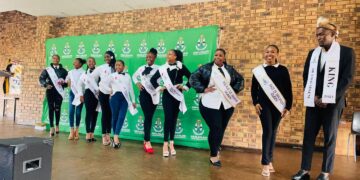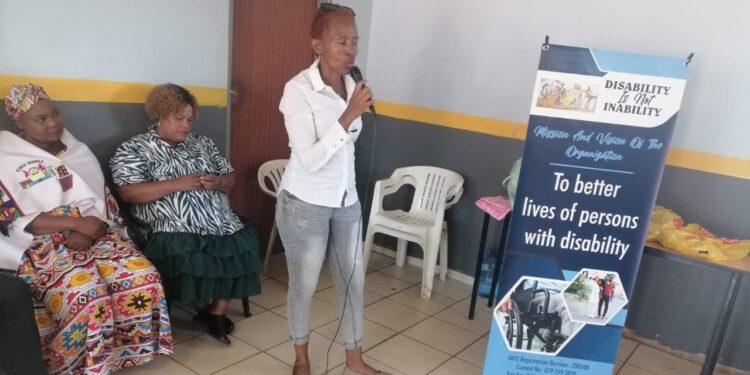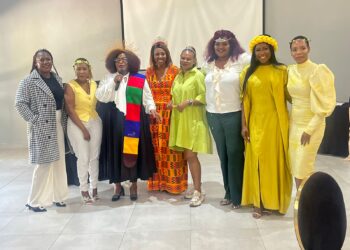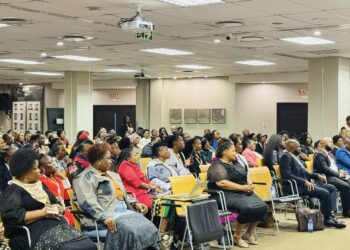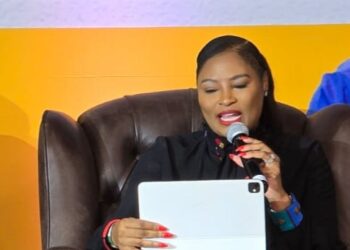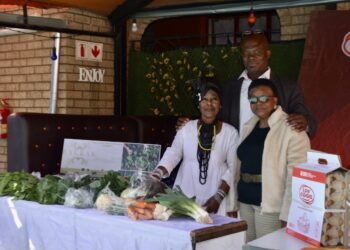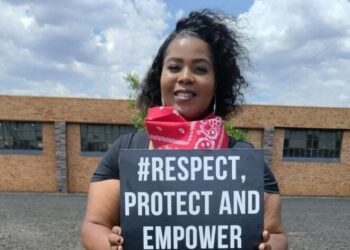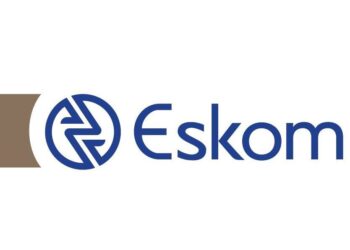Phola– It was one late evening and Rachel Nyambe was driving from Groblersdal, Limpopo province, to the town of Emalahleni in Mpumalanga. She suddenly noticed what seemed like unusually bright headlights from incoming traffic.
But it wasn’t headlights from cars, instead her retina was detaching. By December 2006, she went to Steve Biko Academic Hospital for her first operation.
She was 32 years old at the time.
The operation restored her eyesight but it was short-lived. By January the following year, her retina detached again, requiring another operation. That year became a “living hell” for Nyambe, as she went in and out of hospitals.
Nyambe’s eyesight started failing at an early age while in elementary school. In a family that could not afford medical care, Nyambe was forced to use morning urine as a traditional remedy to ease her eye problems. Despite struggling to see the chalkboard and frequently shifting seats to catch a glimpse, her determination to learn never faded.
She has always been a hopeful child, even in secondary school, she had dreams of becoming a social worker. At Mang-Le-Mang Senior Secondary School, where she matriculated in 1993, she led the debate team, often taking on the negative side with passion. She also shone in ballroom dancing, volleyball and sports dancing, balancing academics with her growing leadership skills.
At 19, Nyambe became a mother, navigating motherhood and academics amid her worsening eyesight. It was in 2012 when Nyambe’s life changed forever. Both eyes went blind. “I became a newborn,” she says.
Stripped of vision, income and independence, Nyambe cried for her life. “I was not born blind, but I have learned to see with my spirit. I see love in the voices of children,” she says. “I see hope in the footsteps of people learning to walk with a white cane. I see God’s hand when I wake up and hear the laughter of my children, even if I can never see their faces again.”
But she didn’t let blindness defeat her spirit, as she now dedicates each of her days to inspire hundreds in and beyond her township of Phola in Emalahleni.
Her journey is one of courage, resilience and unwavering commitment to serving others. The following year, in 2013, she enrolled at Optima College to study blind skills and mobility training. She learned to navigate using touch, smell and counting steps.
Facing a R6,270 tuition shortfall, Nyambe went door to door to mines in Phola/Ogies for donations. Anglo American stepped in and paid the fees.
When she graduated in 2014, she launched a not-for-profit organisation called Ithemba Laba Ngaboni (Hope for the Blind) to teach computer literacy using the JAWS program. This is a program that allows blind and visually impaired users to read the screen either with a text-to-speech output or by a refreshable Braille display. But the program collapsed due to lack of funding.
During the Covid-19 lockdown, Nyambe sourced vouchers and food parcels for people with disabilities without any organisational help. “Disability is not inability,” she says.
In 2017, she was appointed chairperson of the Community Police Forum (CPF) at Phola Police Station. “People with disabilities trusted her as CPF to talk about sensitive cases as they understood her way better than those without disability. She was their voice,” attests Sergeant Sipho Thabang Ntuli.
Every 15 October, she leads a White Cane Day awareness march from Thololwazi Disability Centre to the Phola Taxi Rank, helping the public understand how the blind access transport.
And every Christmas, she becomes Santa Claus, using her own funds to give sweets to children. “I turned to disability rights activism, collecting a database of 272 people with disabilities across Phola and Ogies. I fought for them to get grants, wheelchairs, and medical help,” she says.
She continues to uplift others. Recently, in partnership with Seriti Resources and the University of Johannesburg, she provided 12 people with albinism with sunscreen, SPF 50 spectacles and lip balm.
Lucas Skhosana, father of Sibongile, a 14-year-old girl with speech and hearing difficulties, says: “Rachel fought for my child to receive a disability grant from child support.”
Her strength to persevere does not underscore the emotional weight she had to endure as a result of the ailment. “I’m not able to see my kids ever again, not able to help with homework,” she says with a voice that carries hurt and hope of what she lost and gained in the process.
The simplest tasks many take for granted like watching her children play or helping them with schoolwork have become impossible, replaced by constant dependence on others. “I no longer have privacy as I’m always with someone to help me,” she says this has left her exposed and vulnerable.
What she lost in sight, she has found in vision, a life dedicated to uplifting others. “Retinal detachment robbed me of seeing my kids with the naked eye, but the Man above blessed me with 272 disabled children to care for.”
Of the many challenges that give Nyambe sleepless nights is, she laments, local mines and companies continue to be reluctant to employ with sight loss. “They ask, ‘What will we do with people who are disabled?’ That mindset must change.”
Nyambe’s proudest moment remains her refusal to give up after losing her eyesight, her marriage and the countless hurdles she has had to overcome to get to where she is today.
“Rise above your challenges,” she says. “Blindness did not stop me, and it will not stop you. Let your vision be stronger than your sight.”










